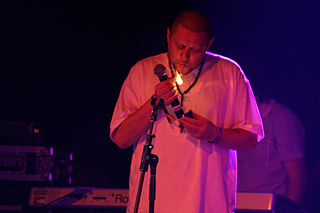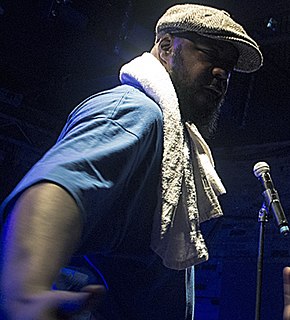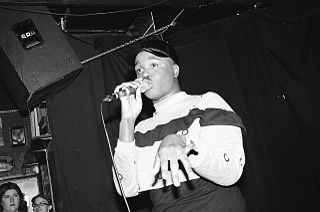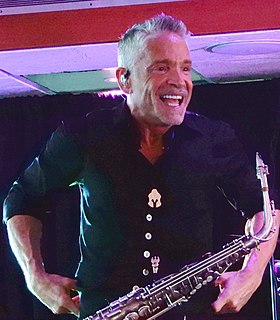A Quote by Yelawolf
This is hip-hop. If you've got something you want to rap about, just rap about it, man.
Related Quotes
To me, that's the biggest problem with hip-hop today is the fact that everyone believes that all of hip-hop is rap music, and that, when you say "hip-hop," it's synonymous with rap. That when you say "hip-hop," you should be thinking about breakdancing, graffiti art, or MCing - which is the proper name for rap - DJing, beat-boxing, language, fashion, knowledge, trade. You should be thinking about a culture when you say, "hip-hop.".
In this time, we incorporate money and media, and it's split up like apartheid, where when you say "hip-hop," you think just rap records. People might have forgot about all the other elements in hip-hop. Now we're back out there again, trying to get people back to the fifth element, the knowledge. To know to respect the whole culture, especially to you radio stations that claim to be hip-hop and you're not, because if you was a hip-hop radio station, why do you just play one aspect of hip-hop and rap, which is gangsta rap?
If I were to critique myself - step out of KRS objectively and look at him - I would say that KRS has introduced the concept of being hip-hop, not just doing it. The concept of rap as something we do, while hip-hop is something we live. The concept of living a culture. Don't just look at hip-hop as rap music, see it as a culture.
I like to consider myself a student of hip hop. There's a certain level of certification and wit and craftsmanship that comes with rapping. As rap progresses - it's a young genre - it's becoming way more mainstream, crossing over to different lanes. I feel like it's losing its essence in a way, because it's getting commercialised. I want to keep it fresh and keep it progressive, but I also want to respect the foundation of what rap is about.
I think that hip-hop should be spelled with a capital "H," and as one word. It's the name of the culture, and it's the name of the identity and consciousness. I think hip-hop is not a product, but a culture. I think rap is a product, but when hip-hop becomes a product, that's slavery, because you're talking about people's souls.
If you want to speak about different ethnicities and diversity, rap and hip-hop are all over the planet. Every country, from Turkey to Australia, now has tons of hip-hop artists. The music and artistry have moved way faster than the corporatization of the music. You do need organization and opportunity for these artists to express themselves, and I don't think it has to come from a corporate co-signing.































